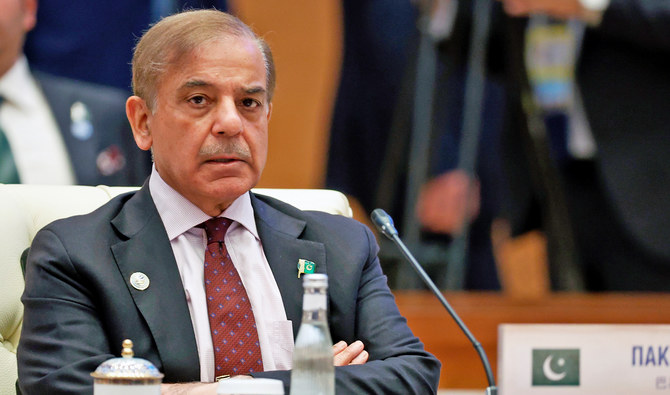Govt Considers Major Tax Cuts to Stop Capital Flight and Revive Investment

Prime Minister Shehbaz Sharif has directed the Federal Board of Revenue (FBR) to reassess Pakistan’s high income and sales tax rates, as businesses continue to shift operations abroad and skilled professionals migrate in search of better opportunities. The ongoing capital flight has raised concerns about long-term economic stability and market competitiveness.
Pakistan currently imposes some of the highest tax rates in the region, yet the government still recorded a revenue shortfall of Rs276 billion during the first four months of the current fiscal year. This gap has intensified the demand for a more balanced and business-friendly taxation framework.
According to officials familiar with the matter, the Prime Minister has asked the FBR to develop multiple tax models that align Pakistan with regional economies such as the UAE, Malaysia, and Bangladesh. The aim is to support local companies operating locally while easing the burden on the salaried class and entrepreneurs.
Early proposals under review include a meaningful reduction in corporate and individual income taxes. The corporate tax rate could be brought down from 29% to 25%, while the top individual income tax rate, currently 45%, may also be lowered to 25%. The controversial 10% super tax on large companies is being reconsidered, along with the 15% tax on inter-corporate dividends. A reduction in the general sales tax from 18% to 15% is also part of the proposed package.
Economists believe these steps could channel more than Rs1.1 trillion back into the economy, boosting business expansion and household purchasing power. The biggest relief would come from the sales tax cut, potentially saving consumers and industries over Rs600 billion annually.
However, such sweeping reforms face an uphill challenge under the current International Monetary Fund (IMF) program. While the IMF has pushed Pakistan to increase revenue collection, it has also expressed concern over multinational companies exiting the local market, a trend that contradicts its wider objective of promoting a stable investment climate.
Tax analysts note that businesses are currently facing an effective tax load close to 60% of their net income, including advance taxes that restrict liquidity. The salaried community is under pressure as well, contributing Rs605.6 billion in withholding taxes last yea, a sharp 55% increase largely caused by higher tax slabs.
Officials say the core purpose behind the tax review is to revive economic confidence, enhance competitiveness, and encourage investment inflows. But the timing and approval of these proposals will depend heavily on fiscal space and negotiations with the IMF in the coming months.